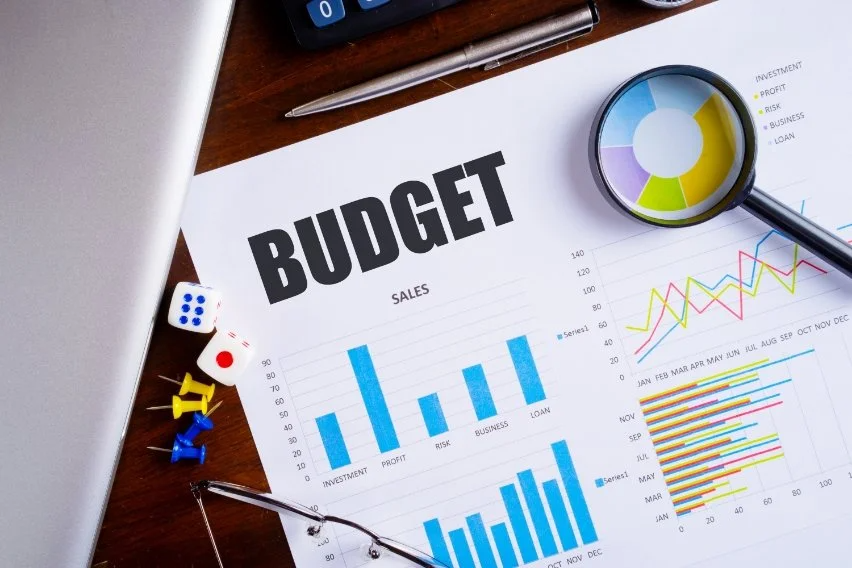How To Create A Business Budget
A business budget isn’t necessarily the most thrilling part of starting a business, but it’s certainly one of the most important. A surprising number of business owners forego this step altogether when embarking on a new venture and we think it’s safe to say that no budget is a big catalyst for the one in three businesses that fail within the first 12 months. If you don’t know how much you’re spending and how much you’re earning, how can you possibly be making smart business decisions?
We’re here to break down the key areas of thought that should go into a business budget. If numbers aren’t your forte, we love working on these with our clients too. Reason #305 that getting an excellent accountant from the get-go is a vital business decision 😉
Why is a business budget so important?
A budget allows you to prepare, plan and predict where you think the business will be in one, two, six months… a year and beyond. It means you can foresee cashflow issues, understand where you should start when creating a budget plan for the business, where you may need to cut costs and be prepared for decisions to come.
A business budget also allows you to create goals and visualise what it would need to look like for you to achieve your ideal profit or turnover milestones – which can be incredibly motivating, especially when you’re in the trenches of start-up life.
What are the key areas to cover in a business budget?
A budget can get as fan-dangled as you want it to… but there are four areas to consider to get the bare basics happening.
- Income: determining what income the business can and would like to achieve over the next few months to years.
- Expenses: based on your income predicted or forecast, what expenses will be incurred as a result? The business will have fixed expenses like office rent and software, but you will also have variable expenses like costs associated with vehicles and subcontractors that will need adjusting. There are a variety of things that should be discussed here and a crucial one is whether the current staffing levels are appropriate for the income or profit you would like to achieve. If not, then create plans or trigger points for when you would need to hire new team members.
- Net profit: this shows your anticipated profit of the business based on the assumptions in the budget. This allows you to discuss whether this figure will make you happy and if this net profit is even achievable based on the current business environment.
- Taxes: taxes are good… or should we say paying taxes means you are making profit. Here you would work out your expected tax consequences based on the budget. It then allows you to start thinking about strategies on how to legally minimise it.

Are business budgets a service Future can help with?
Business budgets are a huge part of the work we love doing with clients.
We normally sit down with our clients and work through their turnover and/or profit goal and build out the expenses that would be required to make that a reality. We’d then complete monthly budgets for the next year and once we’re all happy, upload this into the client’s Xero file.
This process means clients can compare the business’s actual figures to their targets. We would normally then review this on a monthly/quarterly basis and deal with questions or issues that may arise. Ideally we’ll also be celebrating the wins of the business hitting the budget for that period. We would then finish off with extending the rolling business budget by the next few months that we have just reviewed.
Business budgets not only help business owners keep themselves accountable to their goals but also gives them the opportunity to really consider where they see the business going and allows someone external to review it. Objective feedback is vital for any business.
We love a client who wants to shoot for the stars – let’s get you there in a smart, measured way that falls back on the numbers.
Get in touch if you’d like help with your business budget.













